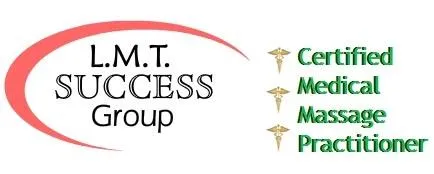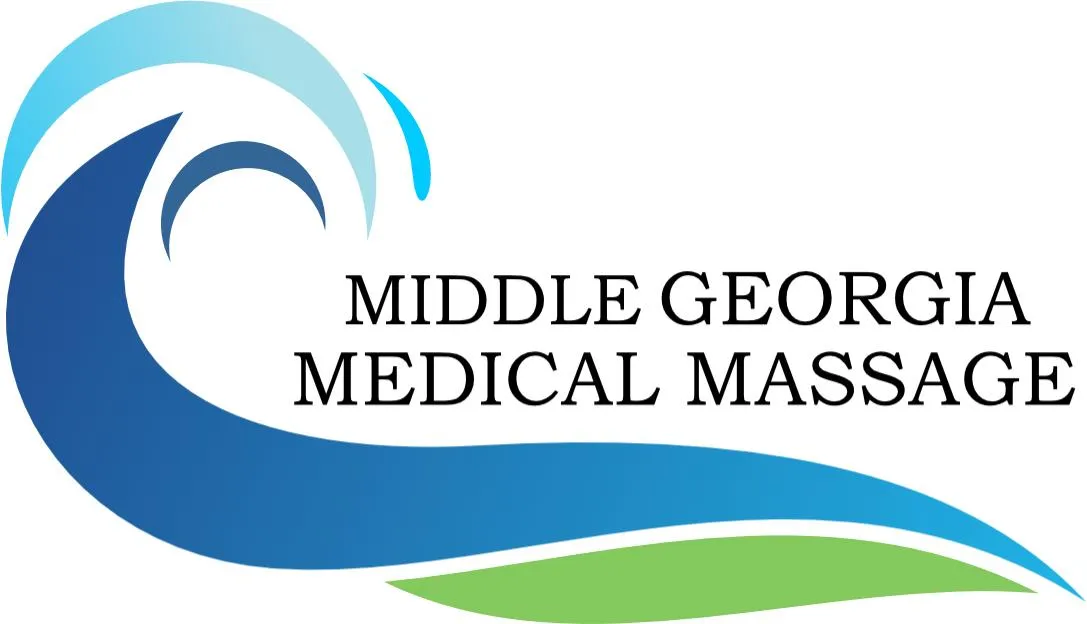Swedish Massage
The Swedish system of massage is based on the Western concepts of anatomy and physiology. The term “Swedish Massage” refers to the variety of techniques used to relax muscles by applying pressure to them.
Swedish massage shortens recovery time from muscular strain by flushing the tissues of lactic acid, uric acid, and other metabolic wastes. It increases circulation without increasing heart load. The main purpose of Swedish massage is relaxation and stress relief.
Swedish massage brings relaxation to the body by manipulating the muscles with long, gliding strokes that follow the direction of blood that is returning to the heart, thereby increasing oxygen flow in the blood.
Swedish massage increases circulation, stimulates the skin and the nervous system and stretches ligaments and tendons. Swedish massage is often used successfully as a part of a regular program for managing stress.
Swedish massage can also be used as therapy for people who suffer from any type of debilitating joint disorder that causes them pain. This benefit of the Swedish massage work is to increase the elasticity in the tissues, flexibility of the tissue, and to reduce pain.
There are five basic massage strokes:
1. Gliding (effleurage) – This is a basic stroke that lightly sweeps over the skin without attempting to move deeper muscle mass. It is the most widely used massage stroke. The strokes are rhythmical and the speed of movement is constant.
The purpose of gliding strokes is to:
Begin and end the massage
Spread lotion
Evaluate the client’s soft tissue
Accustom the client to your touch
Determine the client’s pain tolerance
Relax and reassure the client
Lightly stretch the muscle tissue
Enhance venous blood flow and lymphatic flow , thereby reducing certain types of edema and improving circulation
2. Kneading (petrissage) – This is a lifting, grasping and rolling technique that compresses the muscle mass. The strokes are moved forcefully and with firm pressure. Ischemic compression causes reflex vasodilation to increase the circulation.
The purpose of petrissage strokes is to:
Assist the venous return and removal of metabolic by products
Free adhesions in the muscle belly
Enhance fluid movement in the deeper tissues
Stretch muscle tissue
Stretch fascia
3. Friction – This describes several techniques that are used to reach the deeper tissue, especially around joints and bony prominences where ligaments and tendons are attached to. Cross fiber friction, transverse friction and palmar friction are compressive movements that are commonly applied perpendicularly to the long axis of muscle tissue.
The purpose of friction is to:
Separate tissues and break down adhesions
Increase circulation
Soften necrotic tissue between fascia
Aid absorption of fluid around joints
4. Tampotement or percussion – This includes techniques that tap, beat, slap or strike muscle tissue. The movements are highly stimulating and do not have much force behind them. The techniques are also referred to as hacking, cupping, tapping, pincement and squishing.
The purpose of using tampotement strokes is:
To stimulate muscles to improve performance (athletic/sports massage)
Increase circulation in amputated areas
Loosen phlem
Tone muscles
5. Vibration – This is a continuous shaking or trembling movement. Vibration may be fine and easy where it is applied with fingertips over a small area. Vibration may be coarse where it involves shaking a large muscle (like the claves).
The purpose of using vibration is:
Desensitize an area or particular point
Stimulate an area when used coarsely
Sooth and relax when used lightly
TYPES OF MASSAGE
CONDITIONS TREATED
Frozen Shoulder
Cervical Strain
Torticolis
Whiplash
Lumbago
TMJD
Plantar Fasciitis
Tennis/Golfers Elbow
Fibromyalgia
Arthritis
Strain/Sprain
Scoliosis/Kyphosis/Lordosis
CONDITIONS TREATED
Frozen Shoulder
Cervical Strain
Torticolis
Whiplash
Lumbago
TMJD
Plantar Fasciitis
Tennis/Golfers Elbow
Fibromyalgia
Arthritis
Strain/Sprain
Scoliosis/Kyphosis/Lordosis


Sandy Chase, LMT, MMP - Lic. # MT003469
Copyright © 2026 Middle Georgia Medical Massage LLC, All Rights Reserved · 2134 Georgia HWY 18 East · Macon, GA · 31217
Sandy Chase, LMT, MMP - Lic. # MT003469
Copyright © 2026
Middle Georgia Medical Massage, All Rights Reserved
2134 Georgia HWY 18 East · Macon, GA · 31217
The information contained on this site herein is for educational purposes only and is not meant for diagnosis or treatment. Any information found on this site should be discussed with a health care professional. Use of this information should be done in accordance with the health care plan outlined by your health care professional. For specific medical advice, diagnosis and treatment, consult your doctor.
